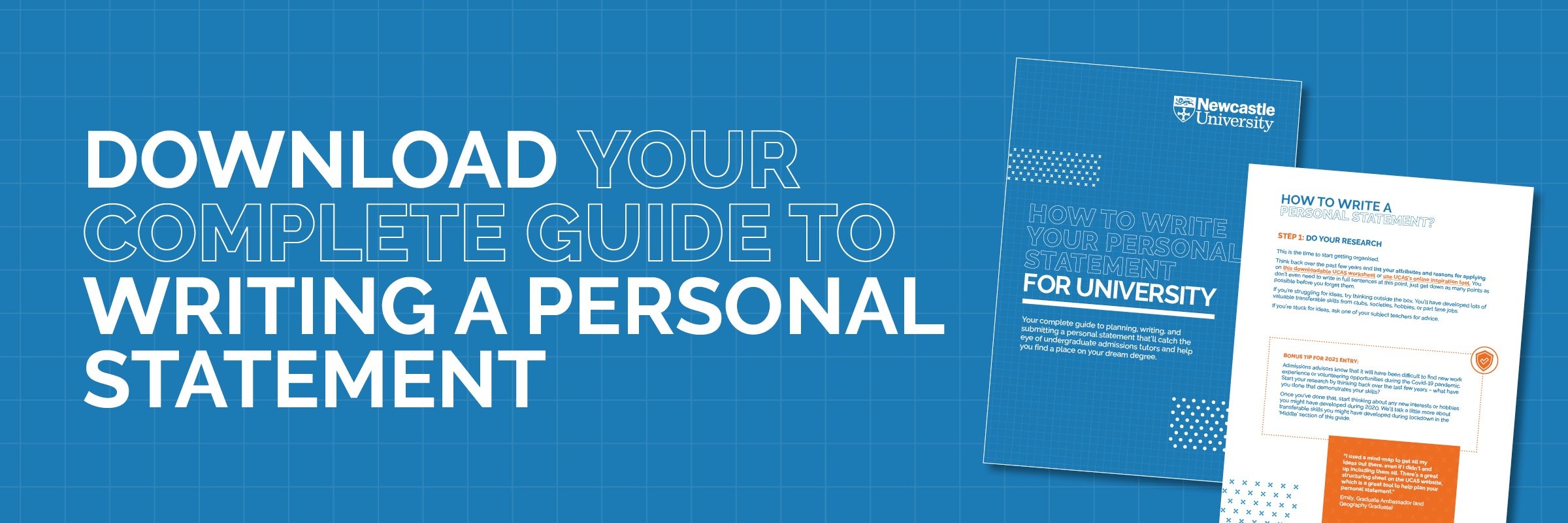There’s no exact figure for how much university costs in the UK as there are many factors involved. Fees for students vary depending on the course, course length and university. Living costs will depend on where you're hoping to study in the UK.
From accommodation costs to paying tuition fees, we’ve answered some questions you might have regarding university costs.
- How much are UK university fees for international students?
- How can I pay for a degree in the UK?
- What will I need to budget for?
- What are the living costs when studying in the UK?
- How much does accommodation cost?
How much are UK university fees for international students?
The UK is one of the most popular study destinations for international students. Its universities attract over 480,000 international students a year and its research-intensive Russell Group universities in particular - like Newcastle University - have a world-class reputation for excellence.
UK universities set their tuition fees every year. Fees are usually payable for each year of your study and they are different depending on the degree you choose to study.
To find out how much your fees will be, check with your chosen university - you should find this information on the course pages of your dream degree.
How can I pay for a degree in the UK?
If you’re an international student, you’re not eligible for a student loan from the UK government. Since Brexit, when the UK left the European Union, students from the EU and other European Economic Area countries, as well as Swiss national students, are also no longer eligible to pay home fees or for UK government student loans.
However, there are other options you can explore. From family-funded study to organisations that can offer financial aid, you can learn more about financing your study abroad here. You should also be aware that your parents' income may affect the amount of financial aid you can receive.
What are the living costs when studying in the UK?
Living costs in the North of England are generally cheaper than in the South. UK Visas and Immigration (UKVI) estimates living costs outside London to be £1,050 per month.
Newcastle is one of the most affordable cities in the country for students - ranked joint 1st for affordability (QS Best Student Cities 2019). A student-friendly city, where one in six people is a student, you can access a range of student discounts through free apps like Unidays and Student Bean, saving you money on food and drinks, technology, health and fitness and much more.
You can also apply for the National Union of Students discount card, Totum, or the International Student Identity Card (ISIC), but you will have to pay an annual fee for these discount schemes.
And students can access discounted train and coach transport - since Newcastle has great transport links both across the city and further afield, that makes getting around a lot cheaper, too.
What will I need to budget for?
Even if you’ve never budgeted before, having a financial plan in place can make managing your money so much easier. It’s beneficial to learn how you can budget properly. Here are some typical expenditures you need to consider:
- accommodation and bills
- studying expenses
- food shopping
- transport costs
- social life
How much does accommodation cost?
Choosing your accommodation for your prospective UK university is one of the most exciting decisions you’ll make as a student. For more information about payment, reservations and applications, you can take a look at this blog.
Other than the cost of your degree, accommodation is likely to be the main expense for you as a student. Costs can depend on the size, facilities and location. For example, accommodation in the city centre or closer to campus can be more expensive than somewhere that’s on the edge of the city.
Newcastle University offers secure accommodation with bills covered in the price of most rooms, meaning you don’t have to worry about any additional costs. You can find out more about how university accommodation is paid for in this blog, plus other important factors to consider such as insurance and contracts.
